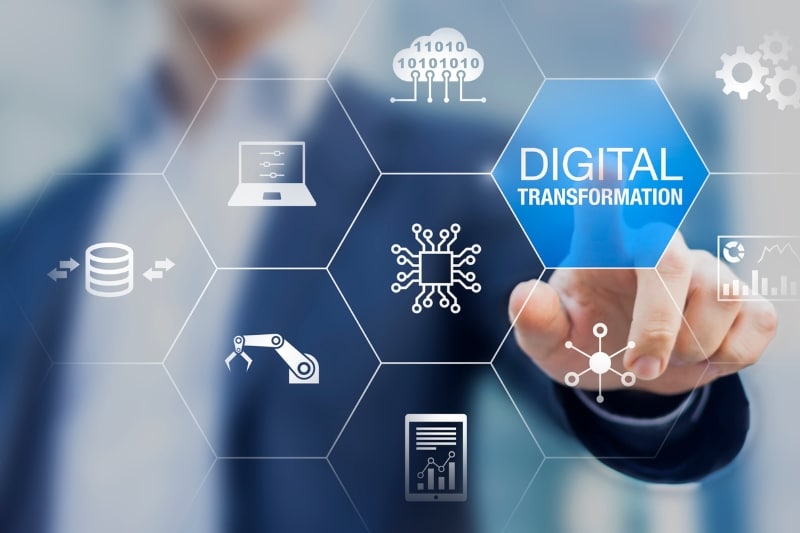Malaysian Prime Minister Datuk Seri Ismail Sabri Yaakob has unveiled Malaysia Digital as the new national strategic initiative to spur the growth of the country’s digital economy. Malaysia Digital is the new blueprint to attract high-tech firms, talent, and investments and empower local participation in the global digital economy.
The Communications and Multimedia Ministry (K-KOMM), working through the Malaysia Digital Economy Corporation (MDEC), the government’s digital economic agency, was the driving force behind the creation of the Malaysia Digital Plan. According to Ismail Sabri, Malaysia’s digital economy contributed 22.6% of the country’s GDP in 2021 and is projected to increase over the intended goal of 25.5% by 2025. He stated that with a new and improved structure, Malaysia Digital will aim to improve the country’s digital capabilities and act as a springboard for the sector’s future growth. Malaysia Digital offers competitive support services for local and foreign players through initiatives such as Malaysia Digital Status, Malaysia Tech Entrepreneur Program (MTEP), Duty-Free Importation (e-DFI), Foreign Knowledge Worker (FKW) employment, and dedicated facilities. Additionally, MDEC will launch two initial Malaysia Digital Catalytic Programs (Pemangkin), which are DE Rantau and Digital Trade. DE Rantau is a program to boost digital adoption and promote professional mobility to establish Malaysia as the preferred Digital Nomad Hub while Digital Trade seeks to drive interoperability and achieve harmonization of standards and regulatory approaches as well as to facilitate trade.
K-KOMM and MDEC will provide a dedicated platform for the industry to participate and provide valuable feedback on Malaysia Digital, which will include private-sector representatives from relevant industry bodies and organizations as subject matter experts. The program will replace the Multimedia Super Corridor (MSC Malaysia), a Special Economic Zone and high-technology business district between 1996 and 2022, that has successfully transformed and diversified its economy from agriculture-based, commodity and industry to a knowledge-based economy and information communication technology (ICT).
(Sources: New Straits Times; The Edge Markets; Malay Mail)
